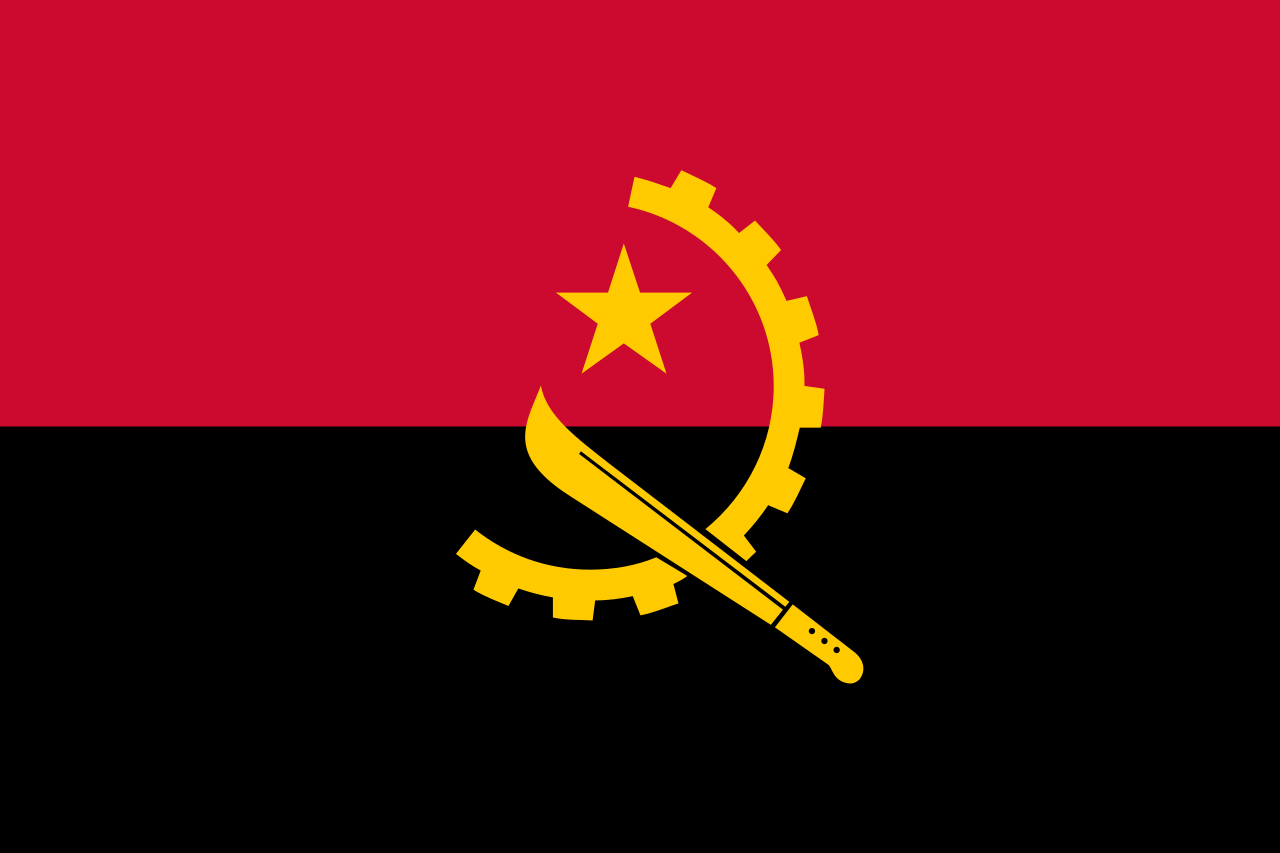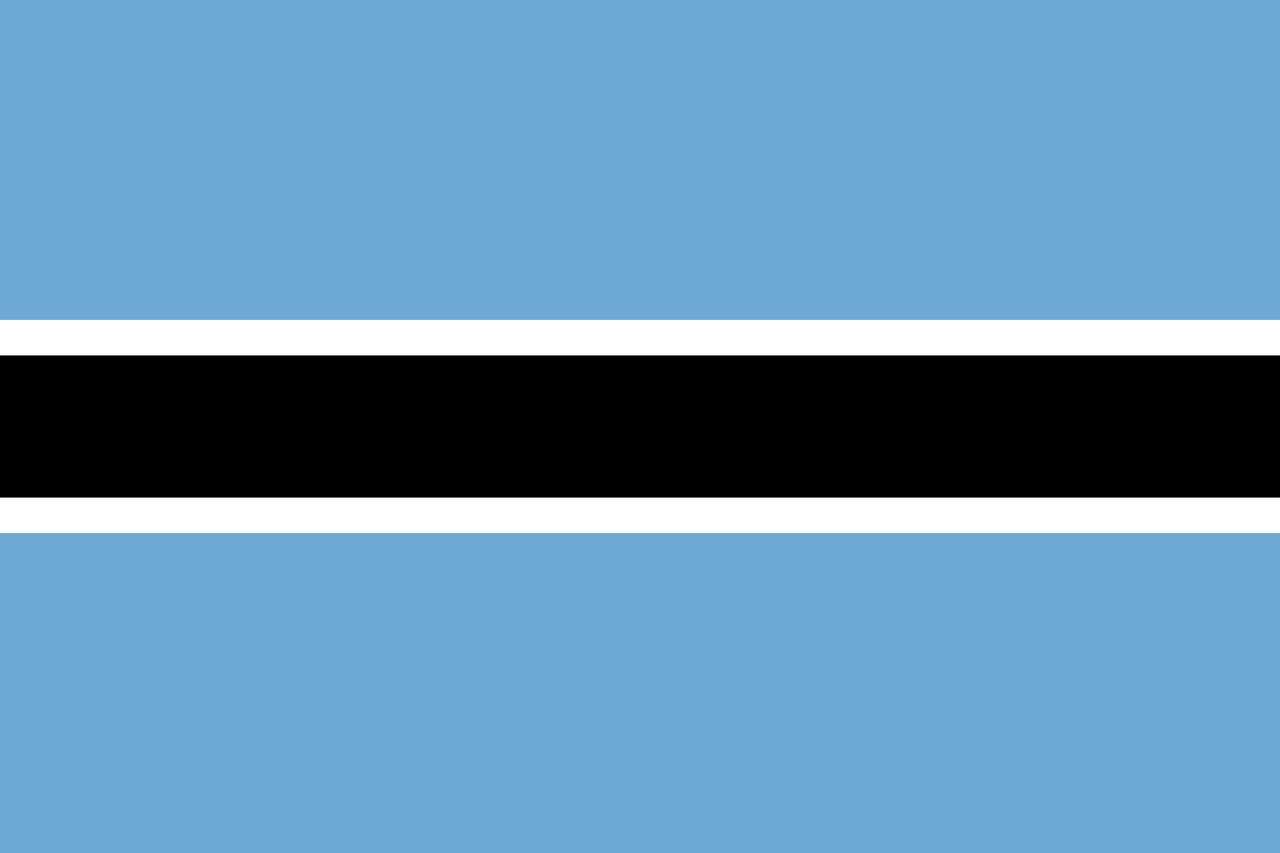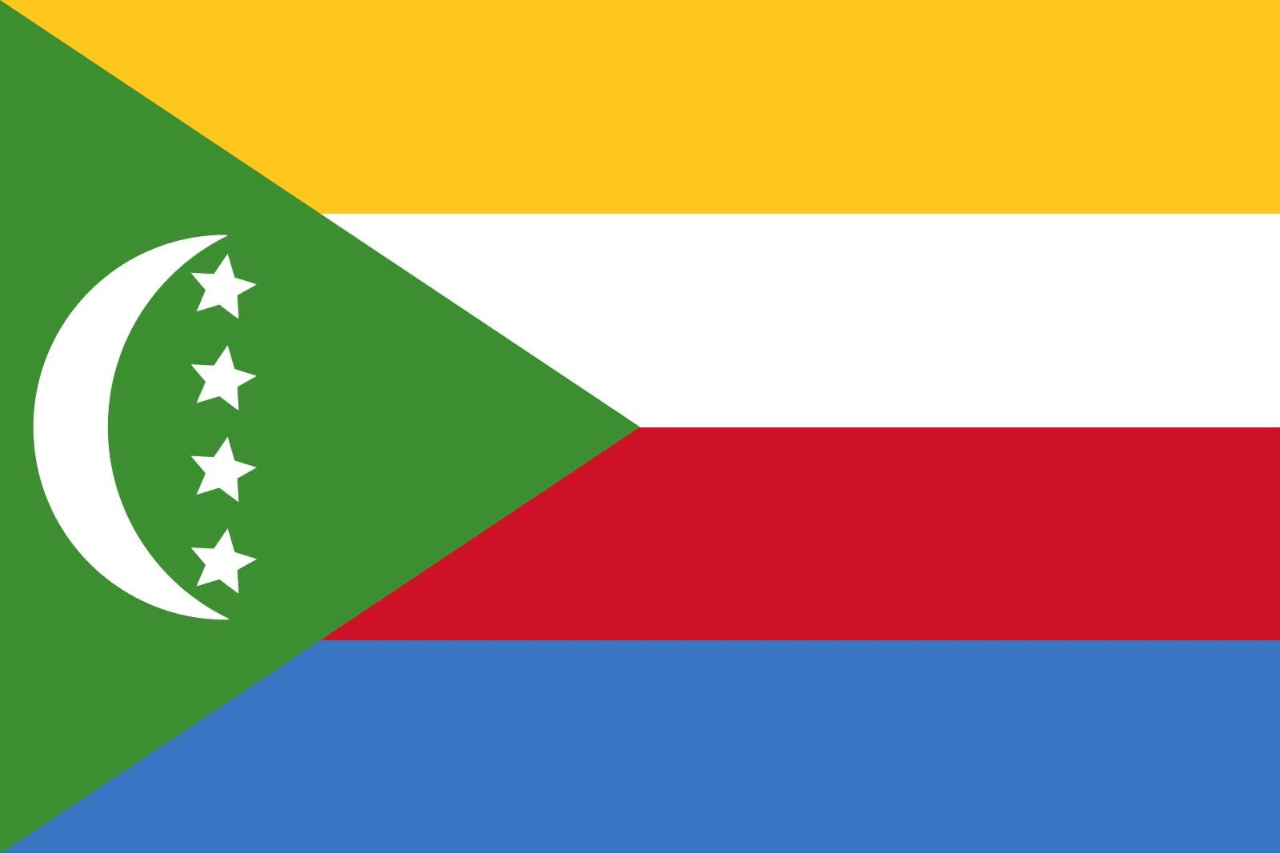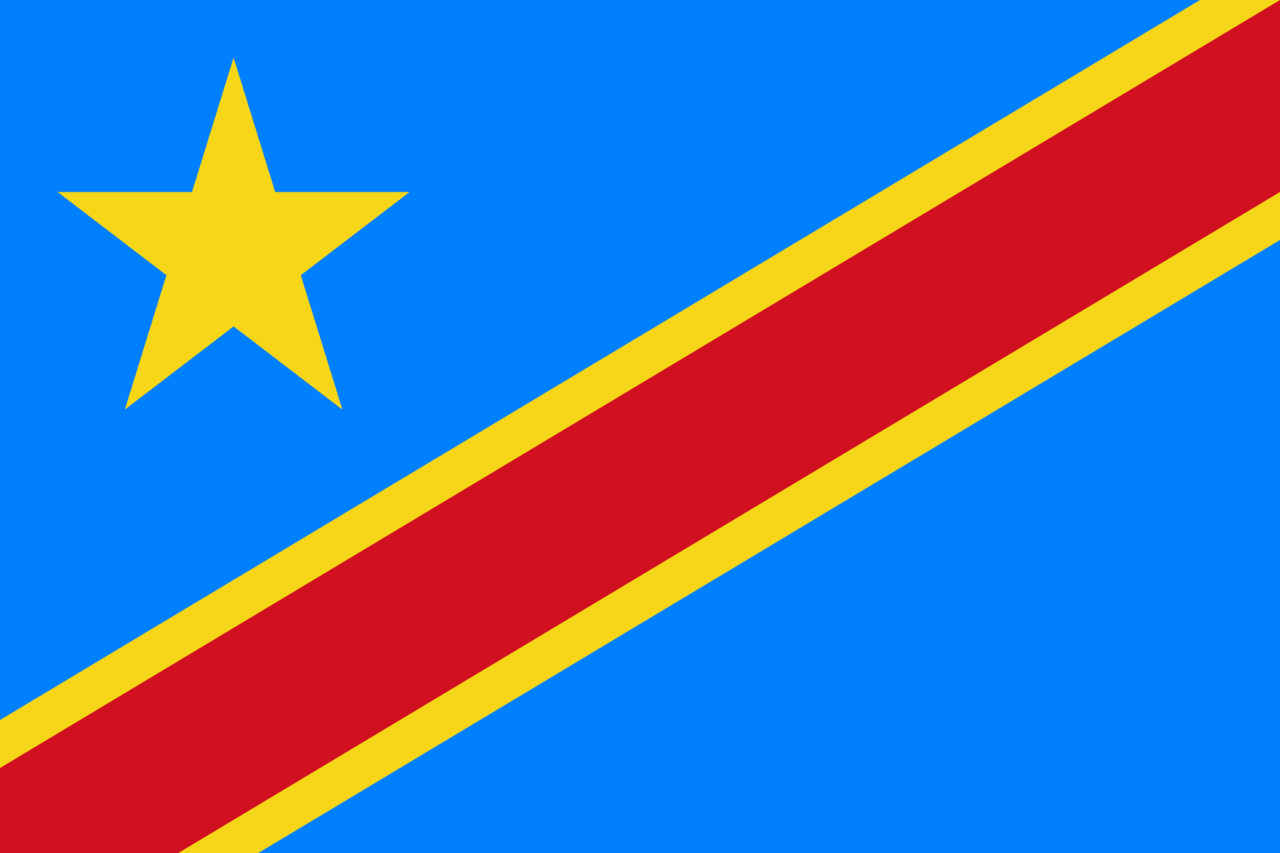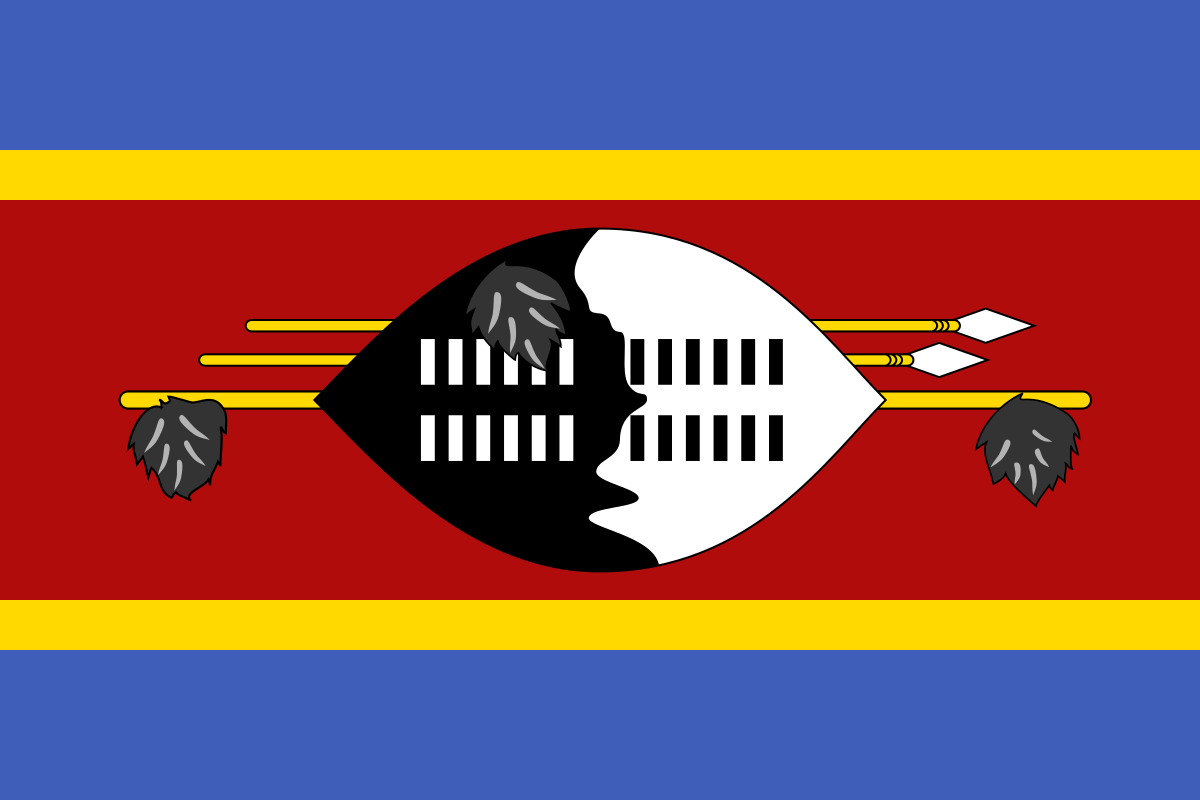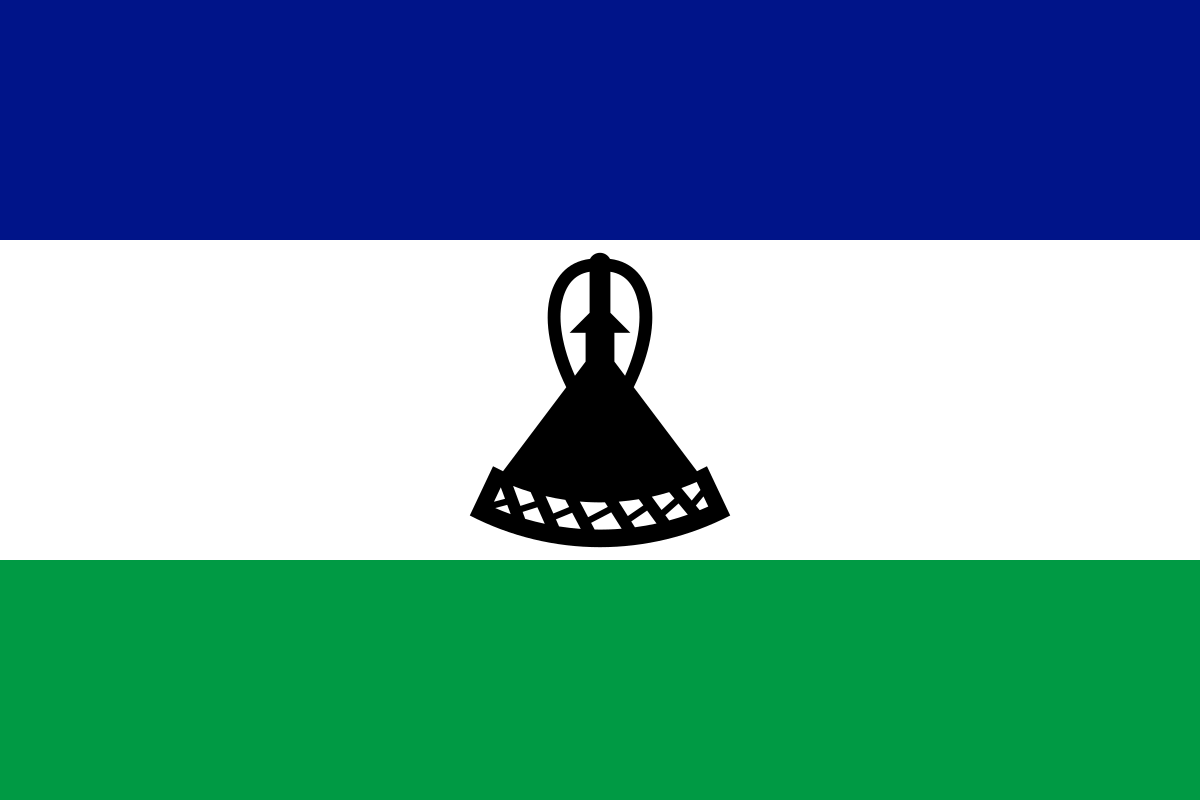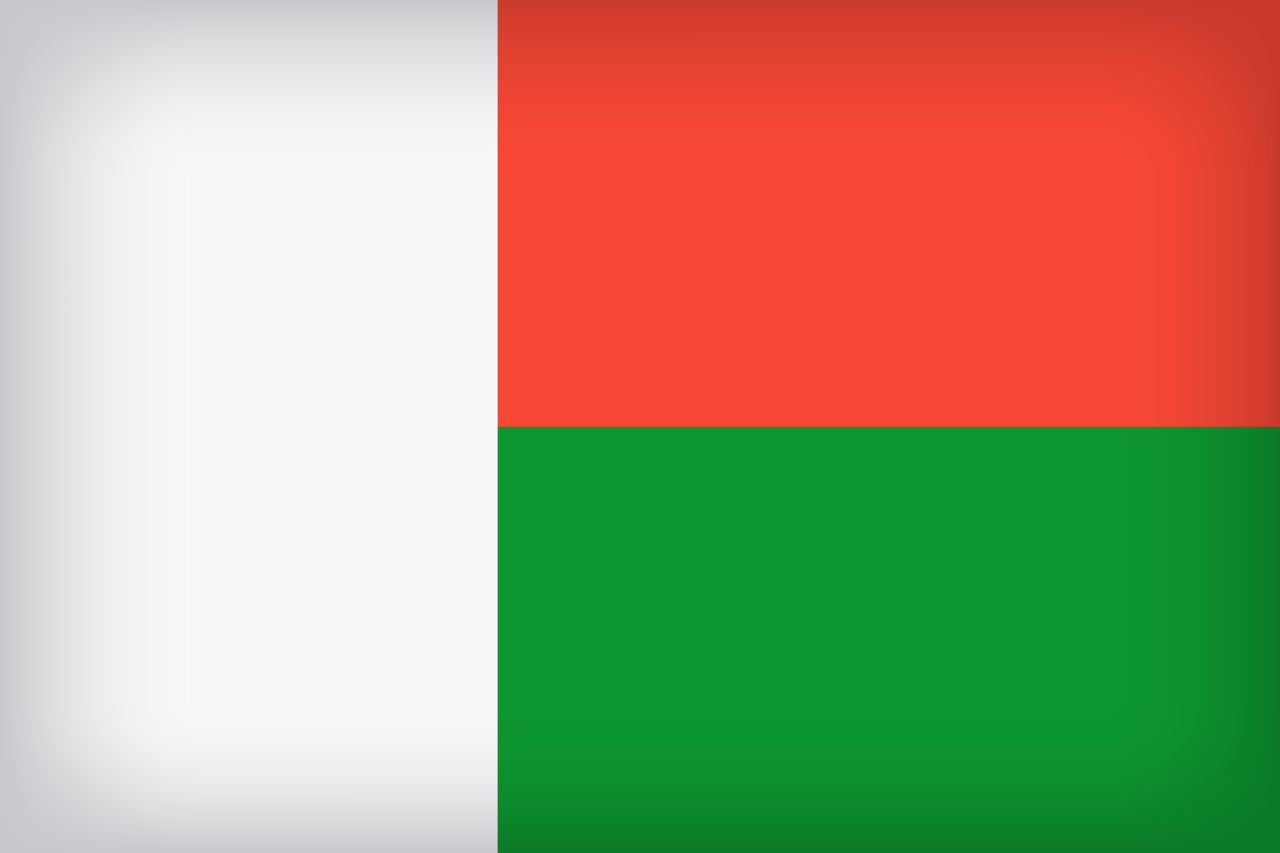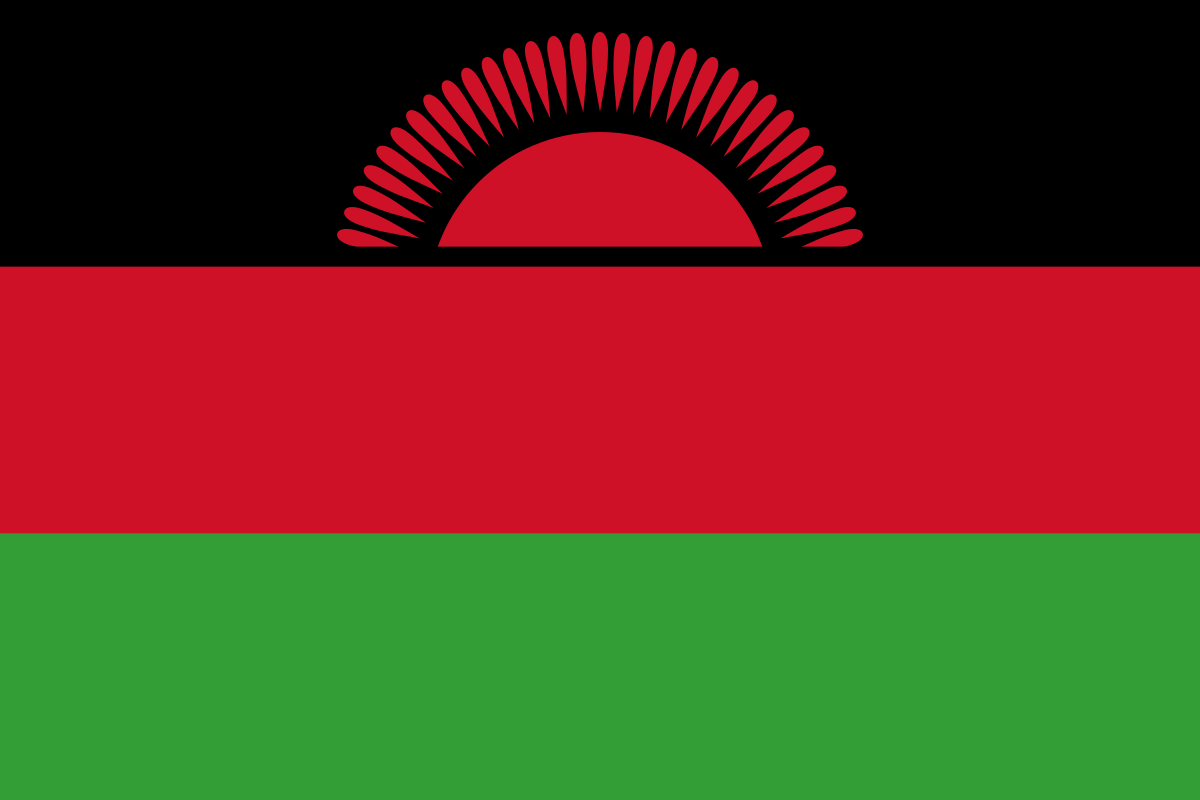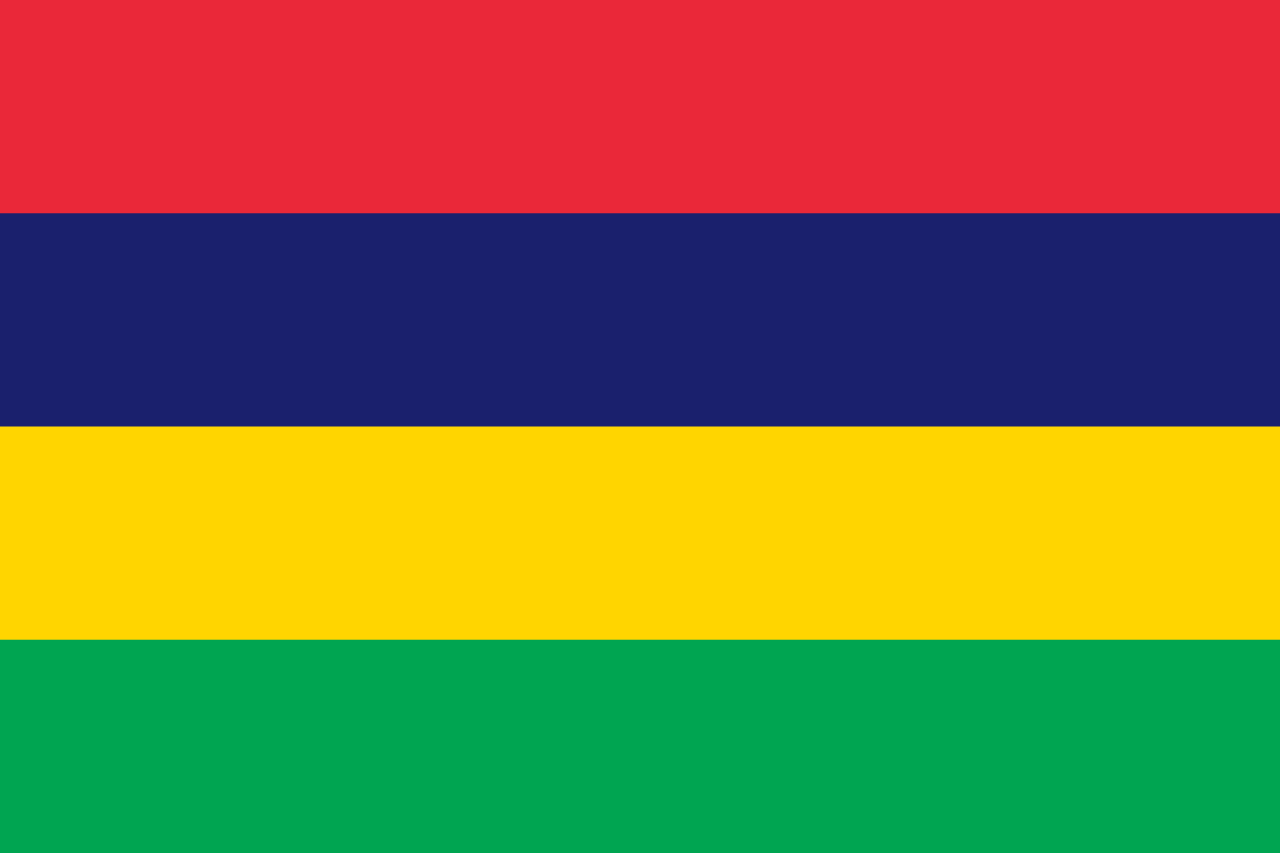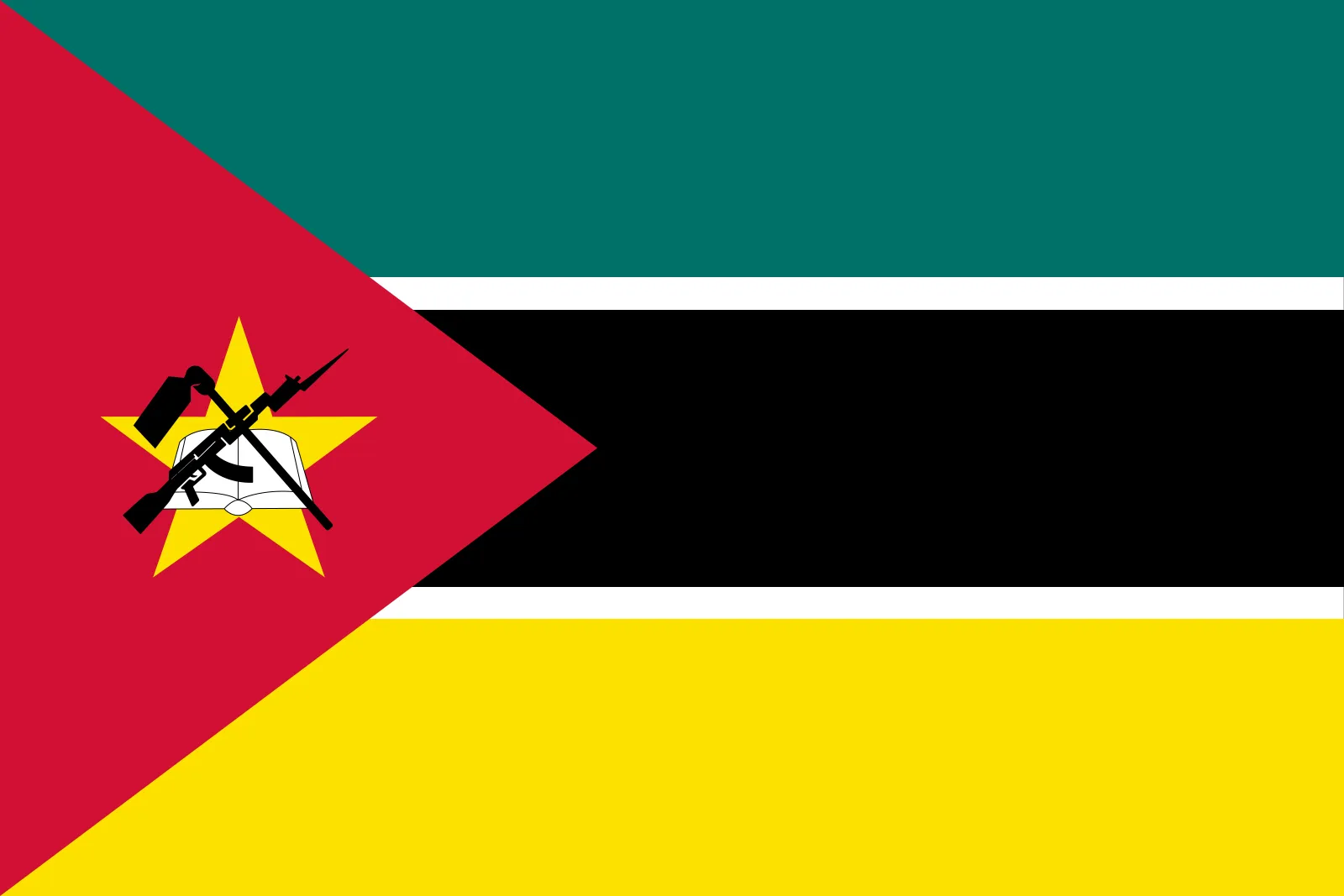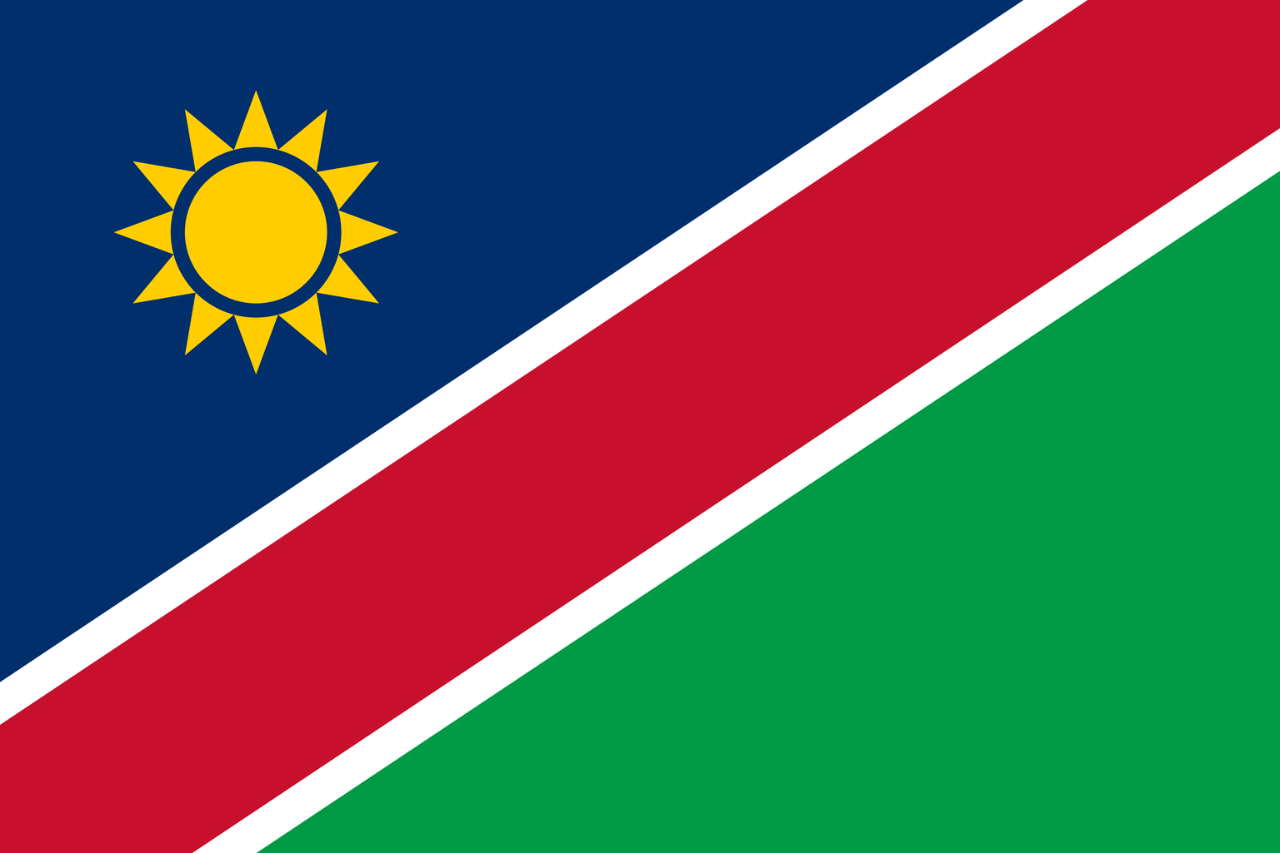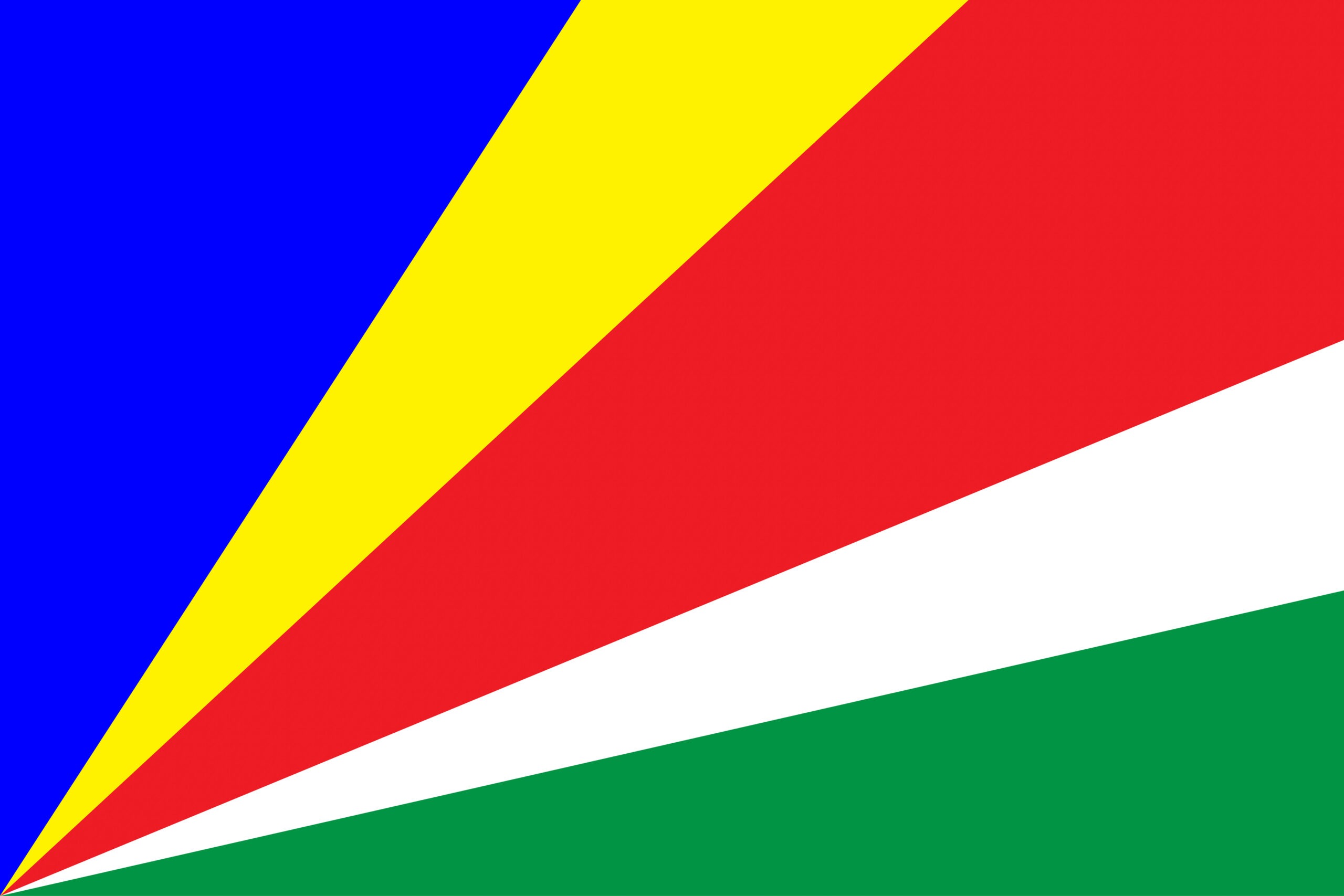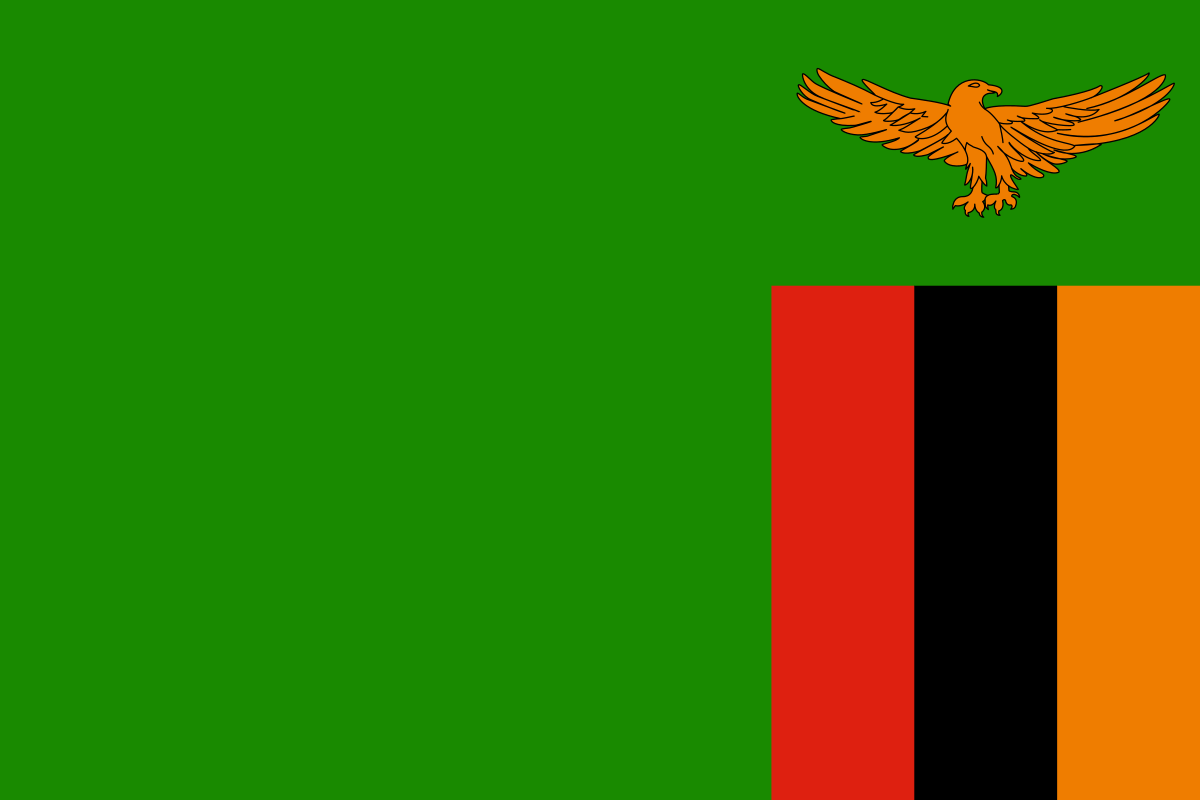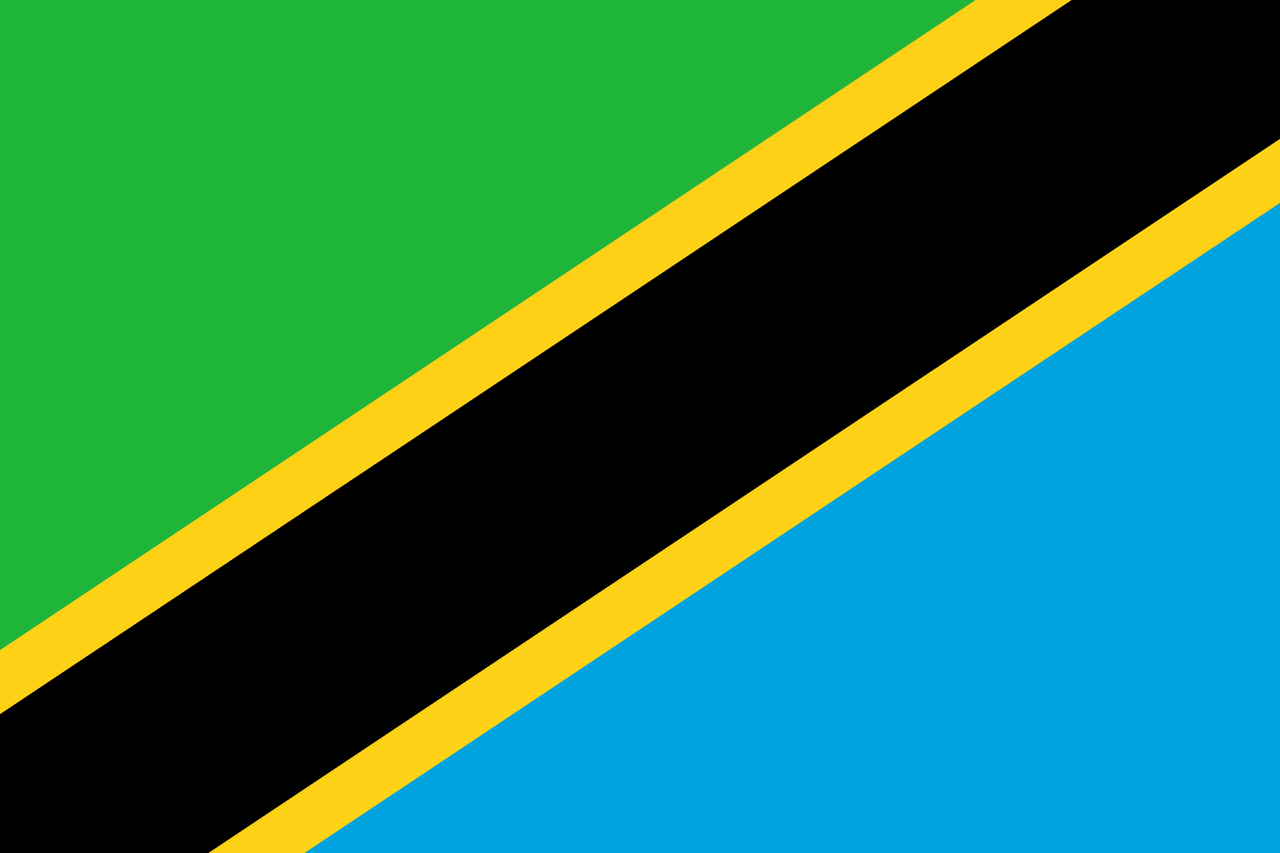Information on Projects and Initiatives happening within different organisations in the different SADC countries
Angola is making strides towards economic justice by leveraging its oil wealth to fund social programs aimed at reducing poverty and promoting equitable resource distribution.
With its stable economy, Botswana is focusing on economic diversification and inclusive growth strategies to ensure that the benefits of prosperity reach all its citizens.
Comoros is working towards economic justice by enhancing agricultural productivity, promoting sustainable fishing practices, and investing in education to uplift its communities
The Democratic Republic of Congo is focusing on leveraging its vast natural resources to drive economic justice, ensuring that mining revenues are used to improve infrastructure and social services for its population.
Eswatini is committed to enhancing economic justice through land reforms and improved social protection programs that aim to uplift the livelihoods of its people.
Lesotho is working towards economic justice by implementing policies that ensure fair access to resources, improve employment opportunities, and enhance social services for its population.
Madagascar is committed to economic justice through sustainable development initiatives, aiming to protect its unique biodiversity while improving rural livelihoods and reducing poverty.
Malawi is advancing economic justice by investing in agricultural support, education, and healthcare, aiming to uplift its citizens and reduce poverty.
Mauritius is a model for economic justice in the region, with inclusive economic policies that promote education, healthcare, and equitable growth, ensuring prosperity for all its citizens.
Mozambique is channeling its economic growth into initiatives that promote fair resource distribution and improved living standards, benefiting its entire population.
Namibia is advancing economic justice by implementing land reform programs, promoting inclusive economic policies, and investing in social services to reduce inequality and improve living standards.
South Africa is actively pursuing economic justice through land reform, job creation, and enhanced social services to support historically disadvantaged communities.
Seychelles is fostering economic justice through sustainable tourism and fisheries management, ensuring that the benefits of its natural resources are equitably shared among its citizens.
Zambia is utilizing its natural resources to promote economic justice, focusing on equitable resource management and boosting social services to enhance the well-being of all its citizens.
Tanzania is dedicated to economic justice by improving rural incomes, ensuring fair land access, and fostering economic opportunities through education and infrastructure development.
Zimbabwe is on a path to economic justice by implementing land redistribution, stabilizing its economy, and addressing the needs of its population to create a more equitable society.

